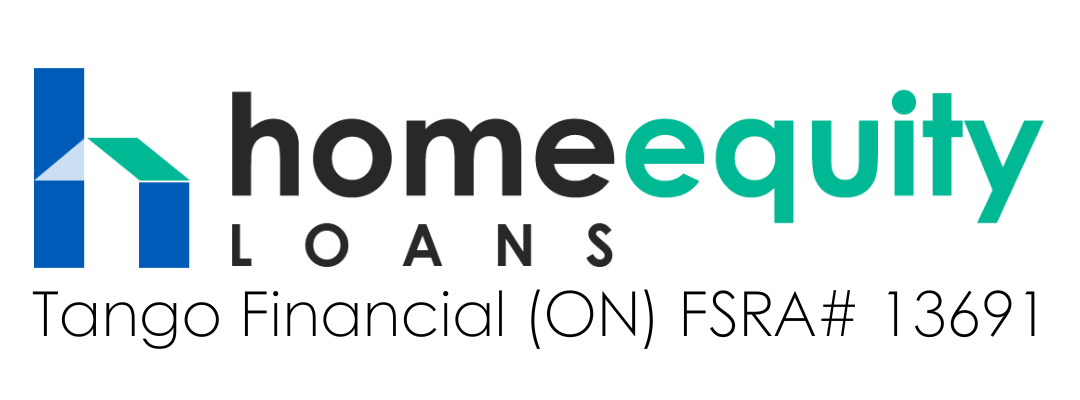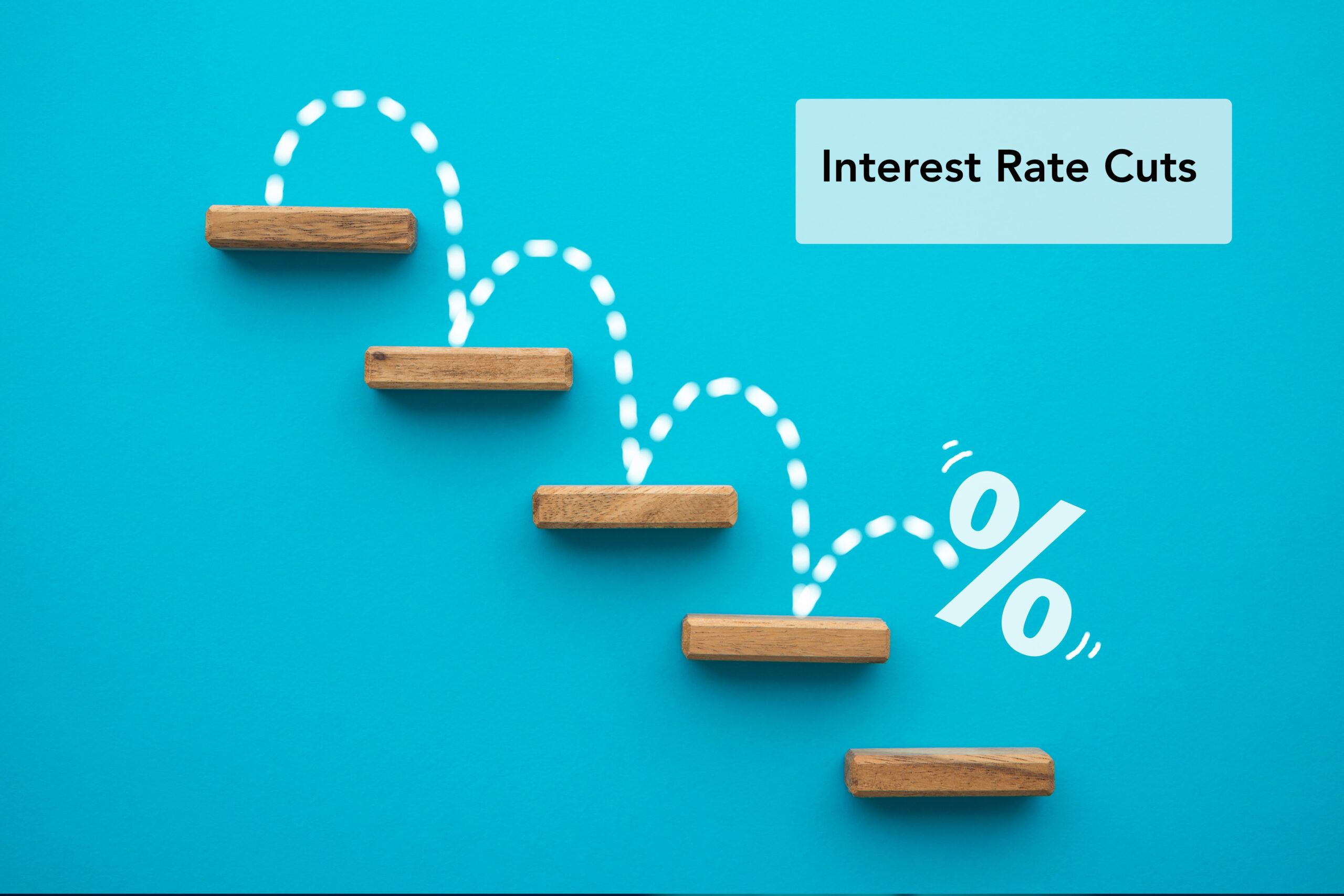The dream of tapping into the equity of your home to fund renovations, consolidate debt, or cover unexpected expenses can hit a roadblock when traditional banks deny your home equity loan application. These financial giants often have stringent criteria and may decline applications for various reasons. While rejection may feel disheartening, it’s crucial to recognize that alternative avenues exist for homeowners in search of financial solutions. In this blog post, we’ll explore why big banks might deny your home equity loan and introduce you to alternative lending options that could be the key to accessing the funds you need.
Understanding Big Bank Rejections:
Credit Score Concerns:
Big banks typically have strict credit score requirements, and if your credit history isn’t stellar, your application may be rejected. Alternative lenders, on the other hand, may consider a broader range of factors beyond just your credit score.
Debt-to-Income Ratio:
Banks often scrutinize your debt-to-income ratio to assess your ability to repay the loan. If this ratio is deemed too high, your application may be denied. Alternative lenders might be more flexible in their evaluation and consider additional factors when assessing your financial health.
Home Appraisal Issues:
Big banks rely heavily on accurate home appraisals to determine the value of your property. If your home doesn’t meet their stringent criteria, your loan application may be declined. Alternative lenders may use different methods or consider additional factors when appraising your home.

Exploring Alternative Lenders:
The disappointment of a denied home equity loan application from a traditional bank does not mean the end of your pursuit for financial solutions. Alternative lenders have emerged as viable options for homeowners who face rejection. This guide is designed to illuminate the reasons behind bank denials and navigate the terrain of alternative lenders, offering a pathway to accessing the equity in your home.
1. Online Mortgage Lenders:
Online mortgage lenders have gained popularity for their streamlined processes and willingness to consider a broader range of criteria. Some notable advantages include:
Online lenders often have more flexible eligibility requirements, accommodating borrowers with various financial backgrounds. The digital nature of online lenders allows for quicker application processing and approvals compared to traditional banks. Some online lenders offer competitive interest rates, providing an attractive alternative to conventional financial institutions.
2. Credit Unions:
Credit unions, being member-owned financial cooperatives, can be more lenient in their lending criteria. Here are the advantages of considering a credit union:
Personalized Service: Credit unions often prioritize personalized service, taking the time to understand your unique financial situation. As community-oriented institutions, credit unions may be more understanding of local economic challenges, offering tailored solutions.
3. Private Lenders and Peer-to-Peer Platforms:
Private lenders and peer-to-peer (P2P) platforms operate outside the traditional banking system, providing alternative funding models. Key advantages include:
Creative Solutions: Private lenders may offer creative financing solutions tailored to your specific needs and circumstances.P2P platforms connect borrowers directly with individual investors, potentially broadening access to funding. The decentralized nature of private lending and P2P platforms may result in faster approval times despite of bad credit.
4. Specialized Home Equity Lenders:
Certain lenders specialize specifically in home equity loans and may provide tailored solutions. Consider the following advantages:
Expertise: Specialized home equity lenders often possess in-depth knowledge of the home equity market, leading to more nuanced solutions. These lenders may offer a range of home equity products, allowing you to choose an option that aligns with your financial goals.
Steps to Take
1. Review Your Finances:
Before seeking an alternative lender, assess your financial situation. Understand the reasons behind your big bank rejection and address any issues that may impact your eligibility.
2. Research Alternative Options:
Explore online mortgage lenders, credit unions, and private lenders. Compare their terms, interest rates, and eligibility criteria to find the best fit for your needs.
3. Consult with a Financial Advisor:
Seeking advice from a financial advisor can provide valuable insights into your financial situation and help you navigate the alternative lending landscape.
Conclusion:
If a big bank has turned down your home equity loan application, don’t be discouraged. Alternative lenders offer a diverse range of options, and with careful research and consideration, you may find a solution that aligns with your financial goals. Remember, the key is to understand your financial situation, explore alternative lenders, and make informed decisions to unlock the equity in your home.
Frequently Asked Question on Alternative Lenders:
Q1: What are alternative lenders, and how can they help after a bank denial?
A1: Alternative lenders include online mortgage lenders, credit unions, and private lenders. These institutions often have more flexible criteria and may consider a broader range of factors beyond traditional credit scores. Exploring these alternatives provides additional options for homeowners who have been denied by big banks.
Q2: Can I improve my chances of approval with an alternative lender?
A2: Yes, you can improve your chances of approval with alternative lenders by addressing the issues that led to the bank’s denial. This may involve improving your credit score, lowering your debt-to-income ratio, or exploring lenders with more lenient criteria. Consulting with a financial advisor can also provide valuable insights.
Q3: Are there alternatives to home equity loans that I should consider?
A3: Yes, alternatives to home equity loans include personal loans, lines of credit, or exploring financing options specific to your needs. Each option comes with its own set of advantages and considerations. Research and compare these alternatives to find the best fit for your financial goals.




